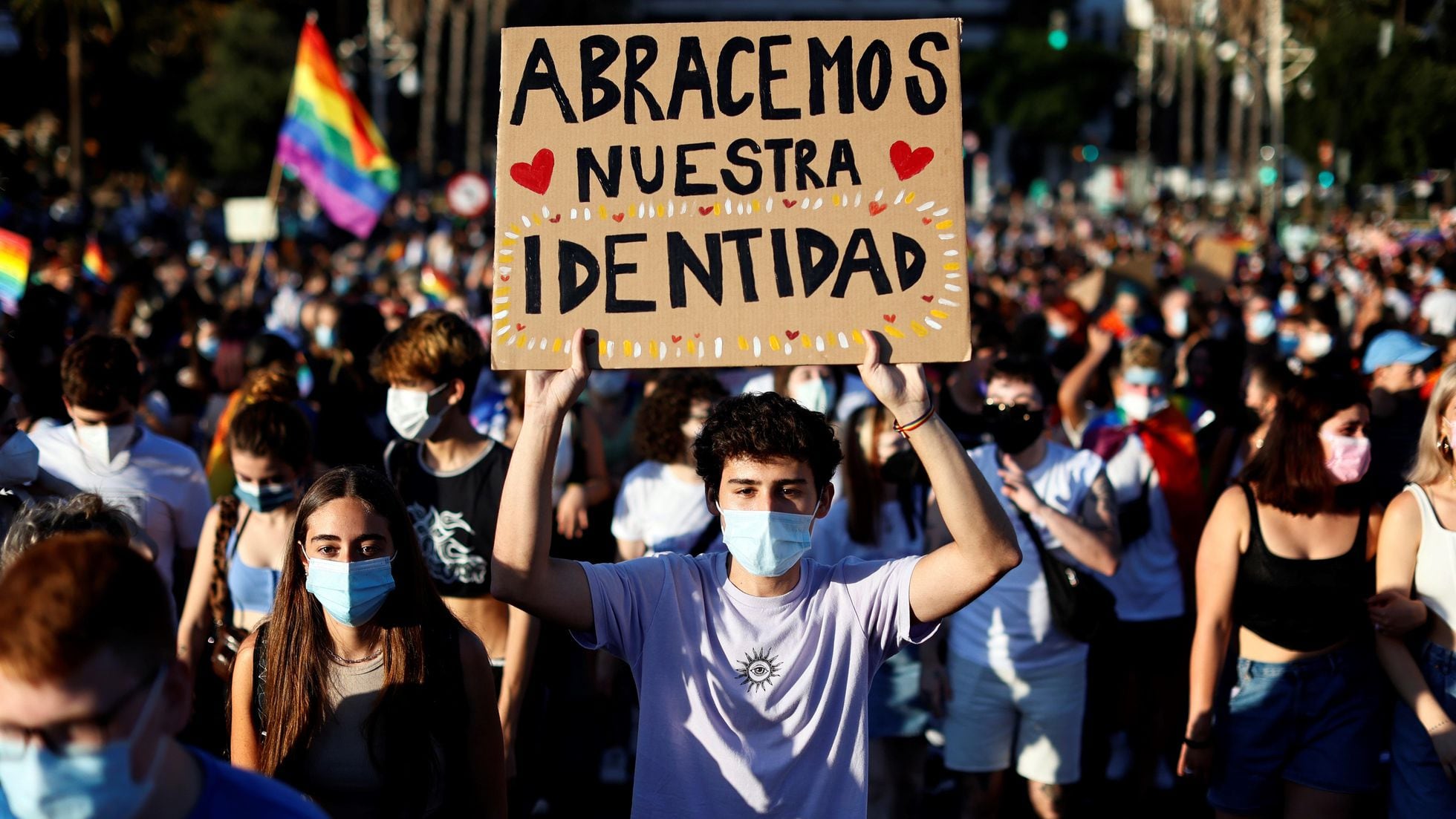Spain’s parliament has given final approval to new legislation allowing people over 16 to update their national identity card without psychological or medical evaluation.
In a move being hailed as a ‘historic day for human rights,’ Spain has become one of the first countries in Europe to allow anyone over 16-years-old to change their legally registered gender without the need for psychological or medical evaluation.
It follows in the footsteps of Denmark, which in 2014 granted transgender people the right to gender self-determination via a single statement.
Up until this point, young people have been required to provide a diagnosis from doctors specialising in gender dysphoria, as well as proof they have undergone hormone treatment for at least two years.
Passed with 191 votes in favour and 60 against – the final step in an extensive debate – the so-called ‘transgender law’ means that teenagers can now request to update their national identity card based on a simple declaration. They must reconfirm that demand three months later before it is made valid.

From the age of 12, minors will require a judge’s permission to do the same, while those aged between 14 and 16 will need the consent of their parents or guardians to get the green light from the court.
‘After wasting time in a long battle fomented by conservative religious groups and political parties who oppose the rights of the LGBT+ community, entrenched in ideological positions that recognise women as the only subject of feminism, today Spain has chosen to respond to the social change that the country and international organisations have been calling for for years,’ says Dr Michela Mariotto, an expert on gender variance in childhood.





















